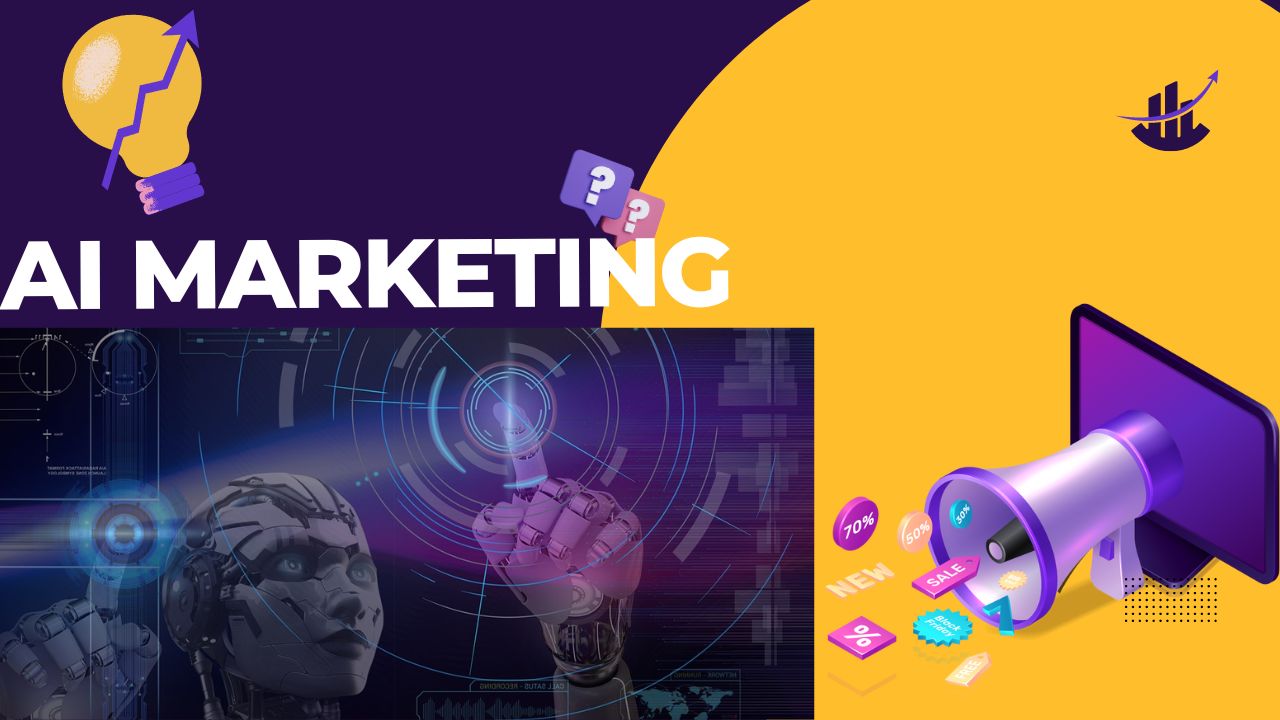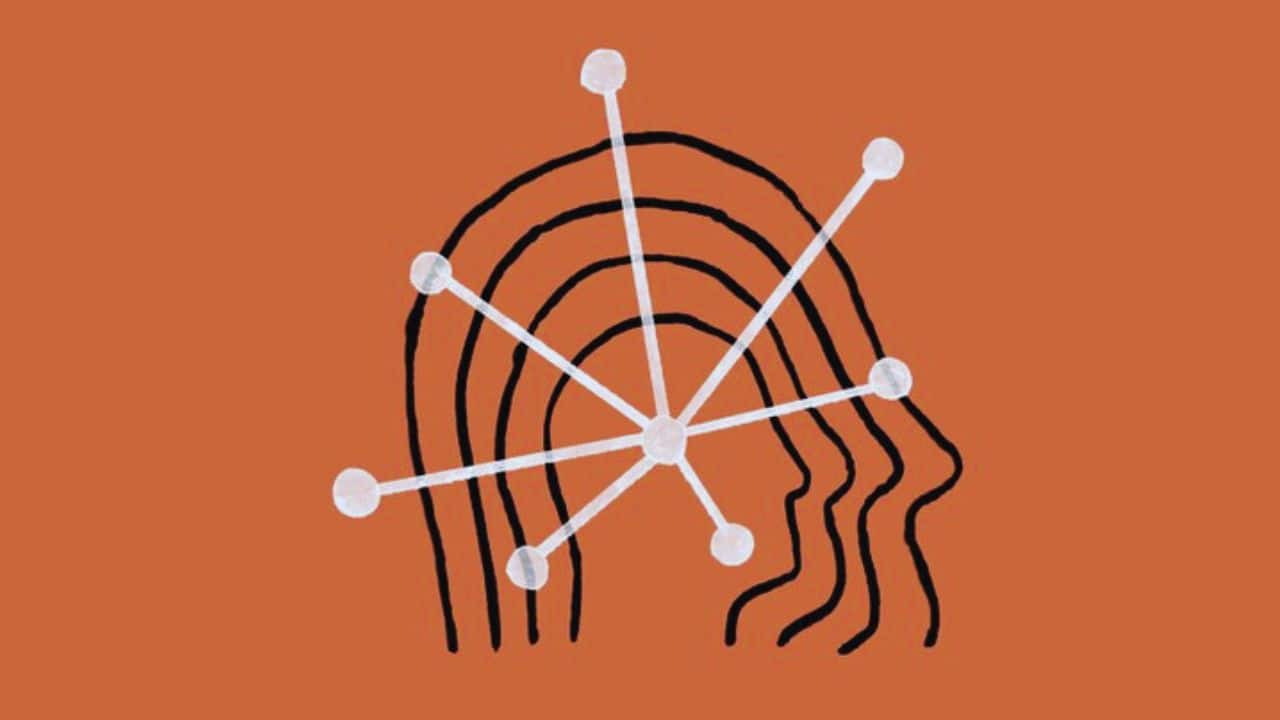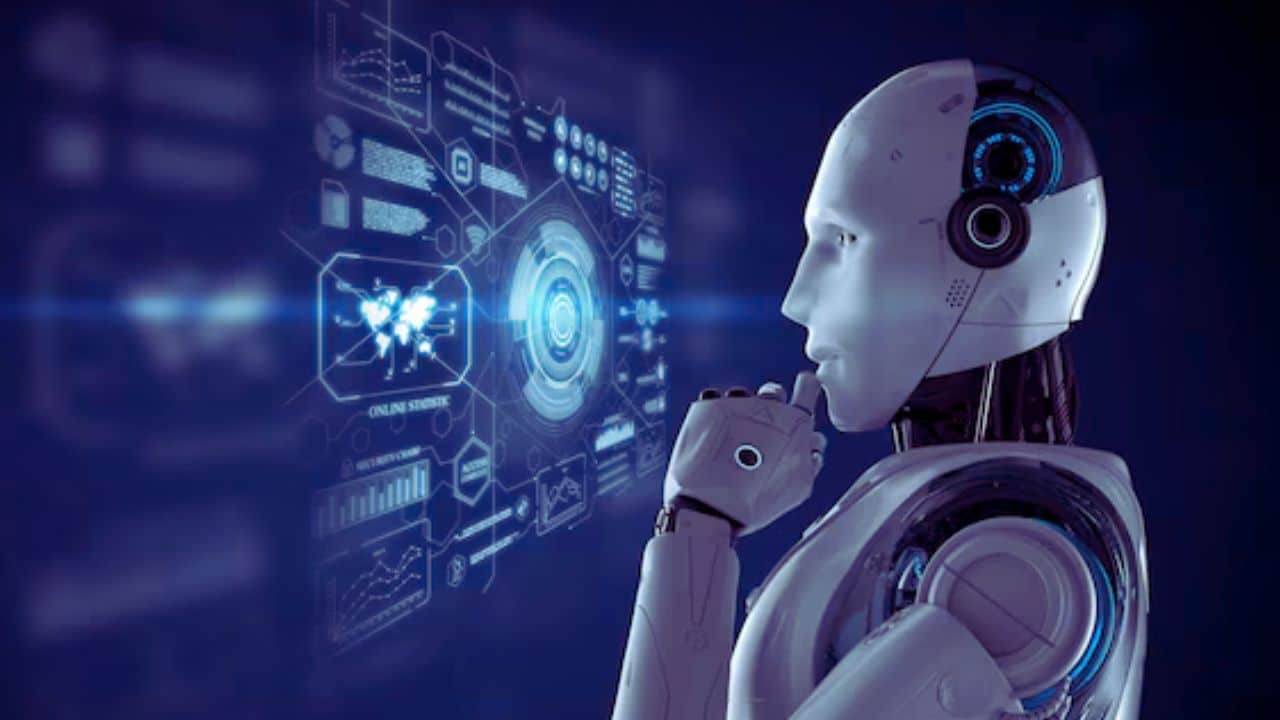Artificial Intelligence, or AI, has been an integral part of our lives, from the innovation of robots to autonomous cars. Nowadays, AI has evolved to be a significant part of small and large companies.
AI marketing is associated with a range of self-working manufacturing units to small-screen smartwatches. However, AI is the next big thing which is paving its way into functional segments of business activities.
Today, AI and Big Data are the most significant whirring topic on the technological front. Eventually, these AI platforms guide marketers with market intelligence in order to know their customers better and offer operational efficiency in the business system.
What is AI Marketing?
The application of AI or artificial intelligence technologies enables to make automated decisions based on data analysis, data collection, and additional observation of the audience trend that impacts the marketing efforts.
AI is often used in areas of digital marketing where accuracy and speed are required. This application further uses customer profiles and databases to understand the best communication medium.
These further offer tailored messages at the appropriate time without any intervention from the marketing department and deliver the messages accurately.
With the authorization intensifying understanding of what the customer needs, the marketer should offer an effective customer journey operated through these big data platforms. To learn more, visit Real Wealth Business.
Components of AI Marketing
AI marketing holds a vital position in guiding marketers to create better connections with customers.
The three pillars of AI marketing assist in processing vast raw customer data gathered and driven for actionable decisions.
The following are the components are these three pillars that bring a leading solution to bridging the gap between customer data collection and actionable steps for digital marketers—
1. Big Data And Analytics
AI Marketing prefers big data strategy since it offers severe competition in the current market and data analysis difficulties. Since big data comes under AI marketing, buyers would require automation in large volumes of unstructured and structured data.
The component is beneficial where data volume and velocity are increasing. This invites digital media to capture the center stage in marketing and steam the data which has been significantly impacted.
Similarly, the traditional data processing approach is unable to keep its position with the trends. At the same time, extensive data analysis guides entrepreneurs to understand the effects of marketing efforts and hold on to reach the appropriate level.
On the other hand, there is an over-saturation of data since several digital marketers struggle to determine the data set which is worth collecting. Thus, AI marketing can assist in analyzing the data at a faster rate just by filtering it down to the essentials and recommending the best component for future digital marketing.
2. Machine Learning
Machine learning, also a vital component of AI marketing, operates on the principle that the machine can improve its performance specifically based on education.
This branch of AI marketing assists in automating systematic models, which can be built by analyzing data, making decisions without human intervention, and drawing patterns from the data examination.
While the devices take the support of machine learning, assist in examining the new data in context to the relevant historical information, which can inform digital marketing campaigns on the basis of what has been analyzed in the past.
Moreover, ML plays a crucial role when a massive pile of data scrutinizes and determines the future course of action.
When it comes to identifying and analyzing customer trends, reactions, and responses, machine learning takes the lead and guides marketers in making an informed decision.
Thus, machine learning has multiple application within the real-world scenario, which includes-
- Recognize speech and images.
- Machine learning is used to detect recommended content, product, and services for the users on the basis of previous preferences.
- The machine learning algorithm is used for identifying human language, such as; virtual assistance and chatbots.
- It also detects fraudulent activities in financial transactions.
3. Natural Language Processing (NLP)
NLP, or Natural Language Processing, is an amplitude of AI marketing tool that emphasizes the interaction between computers and humans with the use of natural language.
This component of AI is involved in Chatbots and virtual assistance, which can respond to and understand human language.
It is further used to examine the sentiments of text data, authorizing businesses to detect customer feedback and improve the products and services.
Examples of NLP applications-
- Siri and Alexa.
- Google Translation
- Spam filters.
- Sentiments analysis tools.
Examples Of AI In Marketing
The application of Artifical Intelligence Marketing is utilized in different digital marketing initiatives with a multitude of cases along the diverse array of industries. Various industries are leveraging AI Marketing and improving capabilities, which include-
- Financial services.
- Government.
- Healthcare.
- Entertainment.
- Retail.
There are several ways a business can gain benefit from AI marketing so that it can create a comprehensive marketing approach. Considering the following-
- Netflix uses machine learning in order to understand the genres the users are interested in. The company leverages the AI tool and algorithm on the Netflix Tech Blog to determine which artwork the users will most view.
- Spotify uses AI marketing in order to create a customized playlist in which the users have listed the current and past hits across every genre.
- Amazon uses predictive analytical tools where they offer suggestions to customers on the basis of their past purchases or recent search.
Thus, this marketing tool has been incorporated by the businesses as mentioned above in order to help the marketers learn more about the-
- Accuracy.
- Track the correct customer preference.
- Allow the teams to determine which campaign contributed the best in return on investments.
However, no matter how big your marketing department is, machine learning or AI marketing tool can assist in increasing overall productivity, efficiency, and ROI.
With the inclusion of varying marketing dynamics, AI is considered to be a technology of the present and future.
Drawing and analyzing the insightful pattern across the large data pool is manageable only because of the inclusion of AI.
AI marketing is evolving to be a boon for brands and markers, which are alike and bound to grow in strength as time advances.






































